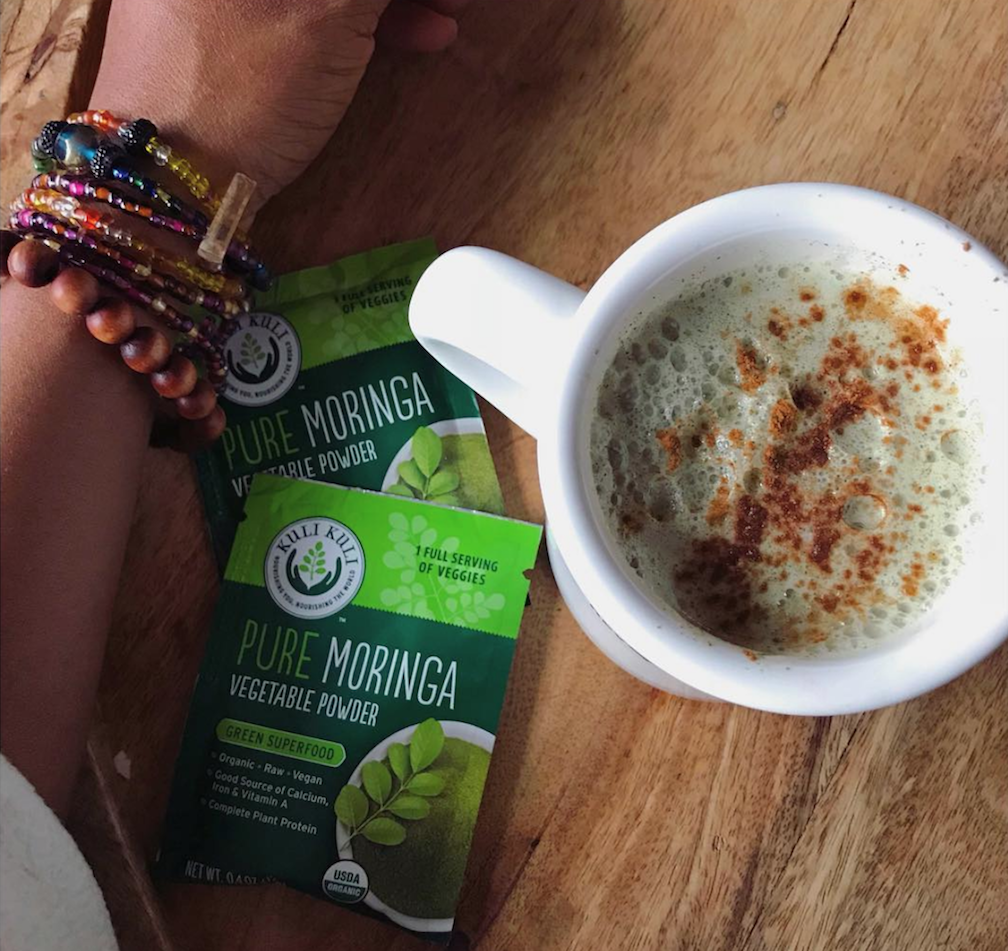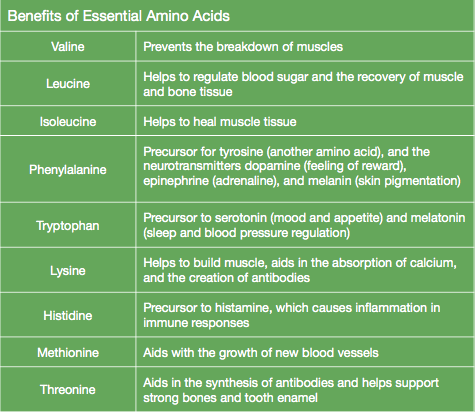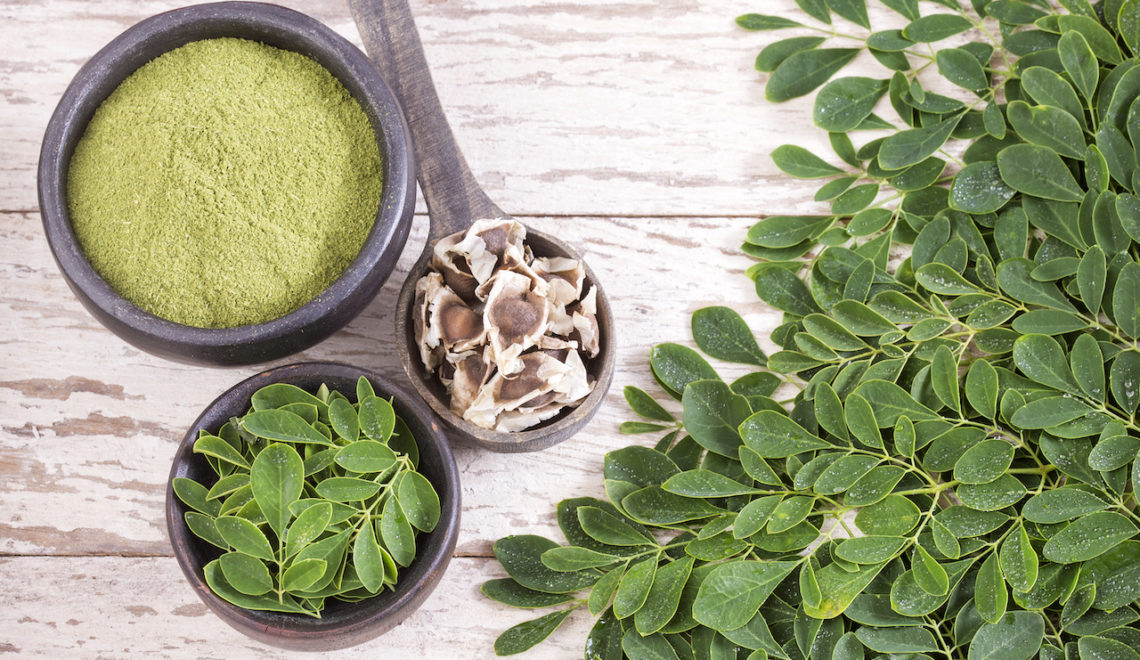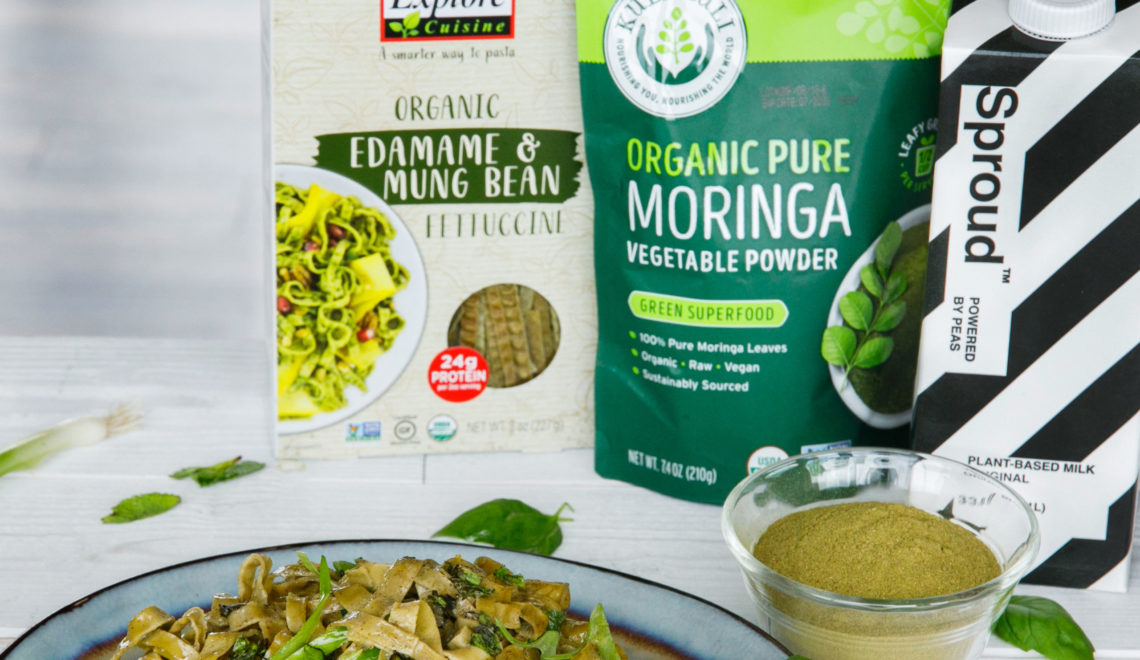Meet moringa, one of the most nutritious plants on the planet
Moringa is a fast-growing, leafy tree that grows best in hot, arid climates. Moringa has been recognized as a powerful tool to improve nutrition around the world. You may have heard a little about moringa; how it’s a green and that it’s good for you, but maybe you don’t know why it’s good for you! Here are the top 7 reasons to include moringa in your daily routine:
1. Moringa is a Good Source of Iron
Iron is an essential nutrient for the human body. Specifically, iron is an important part of the molecule hemoglobin. Hemoglobin is the part of red blood cells that carries oxygen from the lungs through the rest of the body. Without enough iron, the body cannot make red blood cells to carry oxygen throughout the body, thus causing iron deficiency anemia. Anemia cannot only cause a person to be chronically tired, but affect the body’s mechanisms for fight off illness and brain function. In addition, iron plays a role in the development and maintenance of healthy hair, skin, and nails. According to the World Health Organization, anemia is most common among reproductive-age women and estimates that half a billion of them are affected worldwide.
The percent Daily Value (%DV) based on a 2,000 – calorie diet of iron is 18 mg for people over the age of 4. One 10 g (1 tablespoon) serving of moringa powder contains 1.8 mg of iron or 10% DV, which makes moringa an easy and convenient way to boost your daily intake of iron!
2. Moringa is Low in Sodium
Sodium is a mineral that the human body needs to control blood pressure, blood volume, and support muscle and nerve function. Most people consume sodium in the form of salt, which is commonly used to flavor and preserve food.
High sodium intake has become a problem in recent years. Many populations around the world are consuming a lot more sodium than is necessary. For example, according to the Centers for Disease Control and Prevention (CDC), the average American consumes about 3,400 mg of sodium per day, which is 1 g more than recommended! Too much sodium can cause high blood pressure or hypertension. An increase in blood pressure can damage artery and blood vessel walls. This increase in pressure can contribute to cardiovascular disease, diabetes, and other health issues.
Although many other factors can contribute to hypertension, it is unsurprising that one of the best ways to prevent or reduce hypertension is to lower sodium intake. The %DV of sodium is 2,400 mg per day and since moringa contains no sodium, you can feel good about adding a scoop to almost any recipe!
3. Moringa is Low in Cholesterol
Cholesterol is a waxy substance that is contained within the fat in blood. While cholesterol is an important part of healthy cells, high cholesterol can cause fat deposits to build up inside blood vessels. If the deposit is big enough, blood cannot flow well through blood vessels and arteries. This can cause a restriction to the oxygen supply to the heart and brain, which can greatly increase the risk of heart attacks and strokes.
Cholesterol levels can be managed by regular exercise and eating foods low in cholesterol and saturated fats. Moringa is a great addition to a low cholesterol diet since it does not contain cholesterol and only contains 0.5 g of unsaturated fat per serving.
4. Moringa is Low in Sugar/Carbohydrates
Sugars and complex carbohydrates are some of the most important nutrients to the human body. In order for the body to function, it needs energy in the form of glucose. Carbohydrates are broken down by the body into glucose, which then supports the normal function of the body. One important factor in the metabolism of carbohydrates, is the hormone insulin. Insulin is released by the pancreas and promotes the absorption of glucose from the blood into cells where it can be used for energy. Unfortunately, blood sugar levels can become too high and cause hyperglycemia in individuals with diabetes. In individuals with diabetes, the pancreas does not produce the adequate amount of insulin or none at all.
Moringa contains 5 g of carbohydrates and 1 g of sugar per serving. This, combine with it’s overall high nutrient content makes moringa an excellent addition to the diet of those who are watching their sugar intake.
5. Moringa is a Good Source of Dietary Fiber
According to the U.S. Department of Health and Human Services, most Americans only consume half the recommended daily intake of fiber. Dietary fiber is made up of the parts of fruits and vegetables that cannot be digested by the body. There are two types of fiber: soluble and insoluble. Soluble fiber can dissolve in water to create a material similar to gel that can help to lower blood cholesterol and blood glucose levels, which is great for managing diabetes, cardiovascular disease, and overall health. Insoluble fiber helps to move material through the digestive tract.
The %DV of dietary fiber based on a 2,000 – calorie diet is 25 g. In one 10 g serving of moringa, there is 3 g of dietary fiber or 12% DV.

6. Moringa is High in Vitamin A
Moringa contains many vitamins and minerals, but its vitamin A content stands out. Vitamin A is essential for the normal growth and development of red blood cells, skin, bones, vision, and immune function. Vitamin A has also been studied for its potential antioxidant and anti-inflammatory properties. Although there has not been any conclusive evidence on the benefits of antioxidants within the human body, there’s no denying the benefits of vitamin A to promote a healthy body!
The %DV of vitamin A based on a 2,000 – calorie diet is 5,000 IU. In one 10 g serving of moringa, contains 20% DV.
7. Moringa Contains All 9 Essential Amino Acids
Protein is an important part of the human body. Without it, the body cannot complete many important functions or build hair, skin, muscles, and bones. Proteins are composed of amino acids, making them the building blocks of the human body. There are 20 that are found in the genetic code of humans and are essential to human life. These 20 amino acids are used to make proteins that provide structure to the body and assist in other reactions. Of the 20 amino acids, 9 are categorized as essential. This means the body cannot synthesize those 9 amino acids and must get them through food.
Protein from animal sources tend to contain all 9 essential amino acids, but many plant sources do not. Quinoa, chia seeds, and moringa are a few examples of plant sources of all 9 essential amino acids.
With benefits like these, moringa is the obvious choice to add a to any breakfast, lunch, or dinner. If you’re looking for a nutritious boost to your morning smoothie, or a way to hide some greens in dinner for your family – look no further!
Sources
https://www.ncbi.nlm.nih.gov/books/NBK209851/
https://www.mayoclinic.org/diseases-conditions/high-blood-pressure/symptoms-causes/syc-20373410
http://www.heart.org/HEARTORG/Conditions/Cholesterol/Cholesterol_UCM_001089_SubHomePage.jsp
https://www.cdc.gov/dhdsp/data_statistics/fact_sheets/fs_sodium.htm
https://health.gov/dietaryguidelines/2015/resources/2015-2020_Dietary_Guidelines.pdf
https://www.fda.gov/OHRMS/DOCKETS/98fr/FDA-1995-N-0400-GDL.pdf
https://www.accessdata.fda.gov/scripts/cdrh/cfdocs/cfcfr/CFRSearch.cfm?fr=101.54















Hello, thinking about trying this to see if it will improve my health. I am recently diagnosed with mild Ulcerative Colitis. What are your thoughts on adding this to hot oatmeal? Not really a smoothie person.
Try it! Moringa can be added to just about anything! Be sure to check out the many moringa recipes on our blog!
I think you should look into drinking bone broth (organic beef or chicken) to heal the lining of you gut. Also, take a liter of either Fiji or evian water and add a tablespoon of the moringa powder, shake it up and drink it! Also, look into taking a good probiotic that’s (blister packed). I would consult with a good Naturopathic doctor.
I’ve eaten kale before and I didn’t like the way it went right through me for the entire day it seemed. I’ve never had it since. I was interested in the story that it gave you a get up and go, stamina of sorts. Will this do the same thing as the kale did?
Jesse James
Does this Moringa expire? There isn’t an expiration date printed on the bag.
Should l keep the energy shots in the refrigerator, or just room tempature